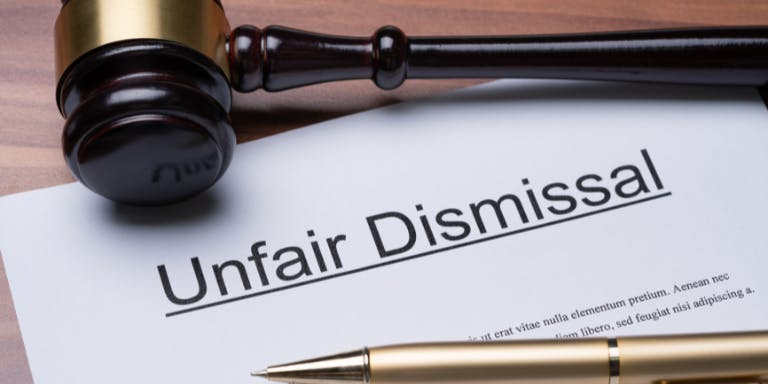First published on Thursday, January 23, 2025
Last updated on Thursday, January 23, 2025
Welcome to HR Heartbeat, where we give you a rundown of the week’s top employment law stories. Stay on the pulse of current trends impacting your business, plus get up-to-the-minute commentaries on all things HR and legal.
Criminal underpayment now a criminal offence
As of the 1st of January 2025, deliberate underpayment of wages or entitlements can now lead to criminal charges under new legislation. Businesses found guilty could face fines, imprisonment, or both. Don’t panic just yet though, as honest mistakes are excluded from criminal liability.
To help small businesses stay compliant, the Voluntary Small Business Wage Compliance Code offers guidance. If you adhere to this code, your business is protected from criminal prosecution for accidental underpayments. The Fair Work Ombudsman has also released practical tools, including a compliance checklist, examples, and tips for correct wage practices.
Cooperation agreements offer a way to avoid criminal charges by acknowledging and quickly fixing underpayments.
Stay prepared by using BrightHR’s expert advice and ensure your payroll systems are up to date.
Try asking our superfast AI tool, Bright BrAInbox: “Is there any risk attached to intentional wage underpayments?”
Dismissal case following health-related licence loss
A recent Fair Work Commission case explored whether an employee’s dismissal was fair after he lost his driver’s licence due to a medical incident.
The worker, a trades assistant whose role required driving, suffered a health-related blackout that led to a temporary six-month licence suspension. His employer kept his position open for four months but faced operational challenges covering his duties. After failing to find alternative roles, the business decided to terminate his employment.
The Commission ruled the dismissal was not unfair, stating that holding a valid driver’s licence was an inherent requirement of the role. It also noted that while some employers might have waited longer before dismissing, the employer’s decision was not harsh, unjust, or unreasonable.
When facing challenging situations like a health-related licence loss, uncertainty can make decision-making even harder.
Seeking expert advice is always advisable in situations where you’re unsure of what to do next. Otherwise, you risk costly mistakes, legal penalties and reputational damage. Or, for instant answers, try asking Bright BrAInbox: “What is a hearing in an unfair dismissal claim?”
The workplace cost of menstrual health issues
A new study has revealed that nearly 80% of Australian women experience debilitating menstrual symptoms, with nearly half reporting missed work or study days as a result. The annual economic cost is estimated at $14 billion, driven by absenteeism and reduced productivity.
Experts stress the need for proactive workplace support. Recommendations include implementing flexible policies written by experts, providing affordable period products, and considering uniform adjustments to reduce stigma. Awareness and providing online e-learning about menstrual health can also help proactively address this issue early.
And that’s a wrap. Tune in next week for more headlines and make sure you stay ahead of major employment law changes!






